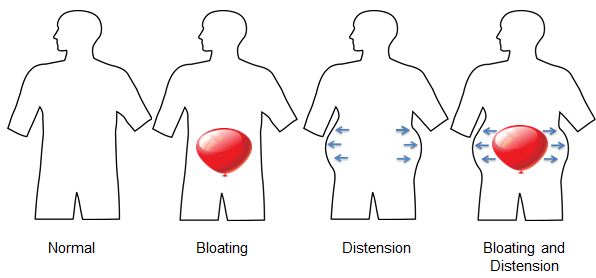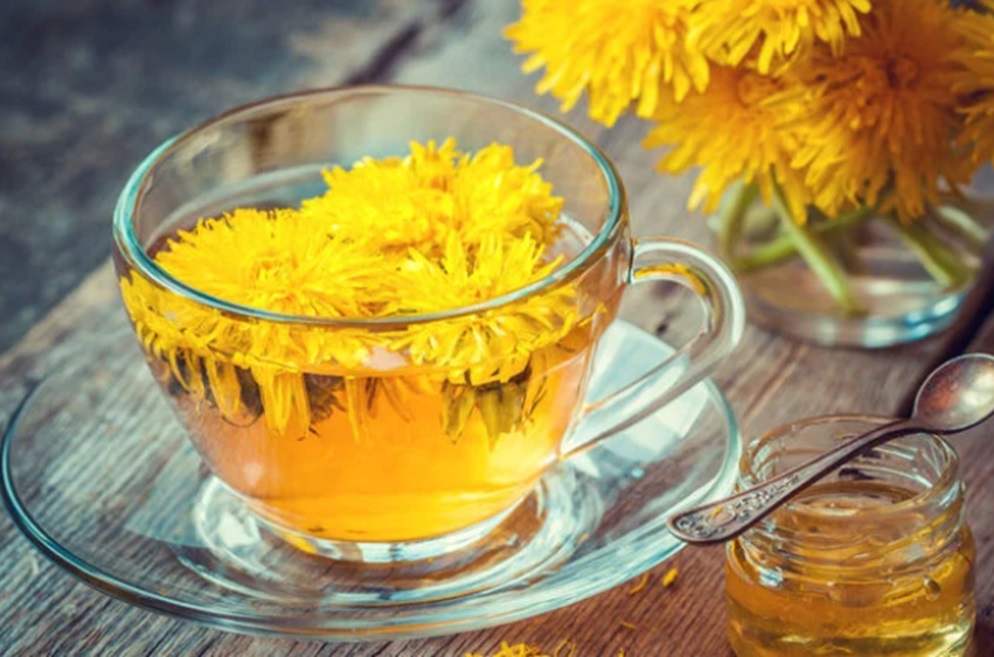How to reduce bloating?
Bloating is a common and uncomfortable condition that can be caused by various factors, including overeating, gas, water retention, food intolerances, and digestive issues. Here are some strategies to help reduce bloating:
- Drink Water: Sometimes, bloating can be a result of dehydration. Drinking enough water can help your body maintain proper fluid balance and reduce water retention.
- Eat Slowly: Eating too quickly can cause you to swallow air, leading to gas and bloating. Chew your food thoroughly and take your time while eating.
- Avoid Gas-Producing Foods: Some foods are known to produce gas in the digestive system, such as beans, lentils, broccoli, cabbage, and carbonated beverages. Reducing your consumption of these foods may help alleviate bloating.
- Limit Fatty Foods: High-fat foods can slow down digestion and lead to bloating. Opt for leaner options and monitor your intake of fried and greasy foods.
- Reduce Sodium Intake: Excess sodium can lead to water retention, causing a feeling of bloating. Avoid high-sodium processed foods and try to limit your salt intake.
- Manage Food Intolerances: Some people are intolerant to certain foods, like lactose or gluten. If you suspect you have a food intolerance, consider eliminating those foods from your diet to see if it reduces bloating. Consult a healthcare professional for guidance.
- Probiotics: Probiotic supplements or probiotic-rich foods (e.g., yogurt, kefir, sauerkraut) can promote a healthy balance of gut bacteria, potentially reducing bloating and improving digestion.
- Fiber: Gradually increase your fiber intake to prevent constipation, which can lead to bloating. Fiber-rich foods include fruits, vegetables, and whole grains.
- Gentle Exercise: Physical activity can help stimulate the digestive system and reduce bloating. Even a short walk can be beneficial.
- Reduce Carbonated Drinks: Carbonated beverages, including soda and carbonated water, can introduce extra gas into your digestive system, leading to bloating.
- Smaller, More Frequent Meals: Eating smaller meals throughout the day rather than three large ones can help prevent overeating and reduce the likelihood of bloating.
- Keep a Food Diary: Tracking what you eat and how it affects your digestive system can help you identify trigger foods and make necessary dietary adjustments.
- Chew Fennel Seeds or Ginger: Both fennel seeds and ginger have been traditionally used to relieve bloating and aid digestion. You can chew fennel seeds or make ginger tea to alleviate discomfort.
- Peppermint Tea: Peppermint tea is known for its soothing properties and may help relax the muscles of the gastrointestinal tract, reducing bloating.
- Over-the-Counter Medications: In some cases, over-the-counter remedies like simethicone may provide relief from gas-related bloating. Consult a gastroenterologist before using any medication.

Anti-bloating drinks
Certain drinks can help alleviate bloating and promote better digestion. Here are some anti-bloating drinks you can consider:
- Peppermint Tea: Peppermint tea is known for its ability to relax the muscles of the gastrointestinal tract, which can help reduce bloating and ease digestive discomfort.
- Ginger Tea: Ginger has anti-inflammatory properties and can help relieve digestive issues, including bloating. You can make ginger tea by steeping fresh ginger slices in hot water.
- Chamomile Tea: Chamomile tea has calming and anti-inflammatory effects that can soothe the digestive system and alleviate bloating.
- Fennel Seed Tea: Fennel seeds are often used to reduce bloating and gas. You can steep fennel seeds in hot water to make a soothing tea.
- Lemon Water: Lemon water can stimulate digestion and help flush out excess water and toxins, potentially reducing bloating.
- Cucumber-Infused Water: Cucumber-infused water is a refreshing way to stay hydrated and can have a mild diuretic effect, which may help reduce water retention.
- Pineapple Juice: Pineapple contains bromelain, an enzyme that can aid in digestion and reduce bloating. Fresh pineapple juice (without added sugars) is a good choice.
- Water with Mint and Cucumber: Combining water with mint and cucumber can create a refreshing and hydrating drink that may help ease bloating.
- Turmeric Tea: Turmeric has anti-inflammatory properties that can soothe the digestive system and potentially reduce bloating. You can make turmeric tea by mixing turmeric powder with warm water.
- Dandelion Tea: Dandelion tea is a natural diuretic that can help reduce water retention and bloating.
- Probiotic Drinks: Some probiotic-rich drinks, like kefir or certain yogurt-based smoothies, can help promote a healthy gut microbiome and reduce digestive discomfort.
- Warm Water: Sometimes, simply drinking warm water can help relax the digestive muscles and relieve bloating. Add a squeeze of lemon for added flavor and potential digestive benefits.
Also read:
Why You’re Always Bloated (And How to Fix Bloating!)
Farting (Flatulence): An Inevitable Bodily Function

